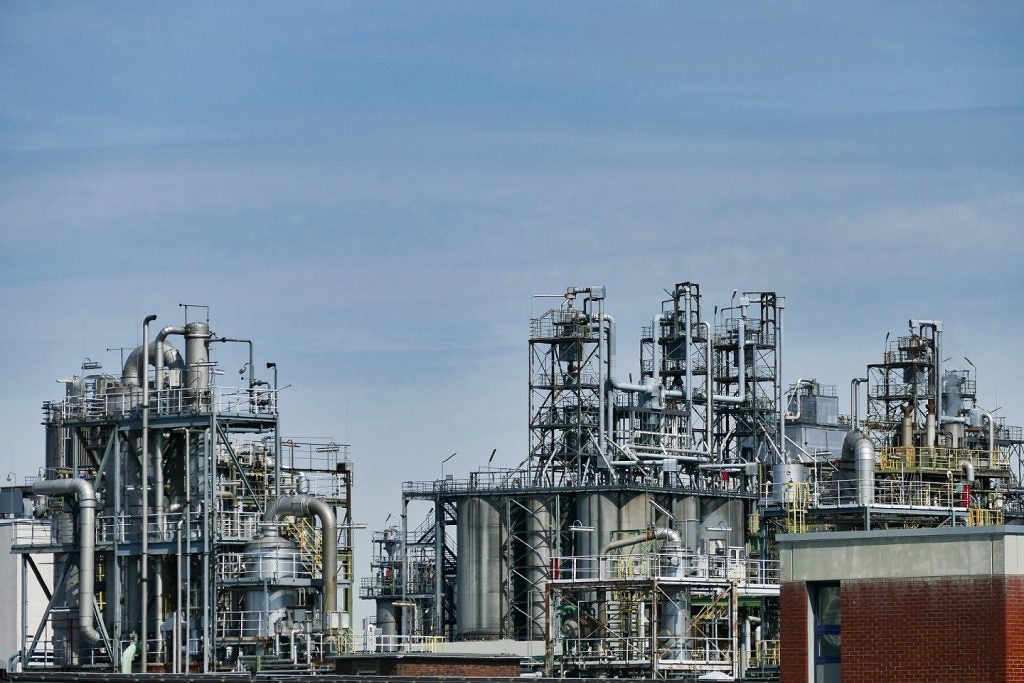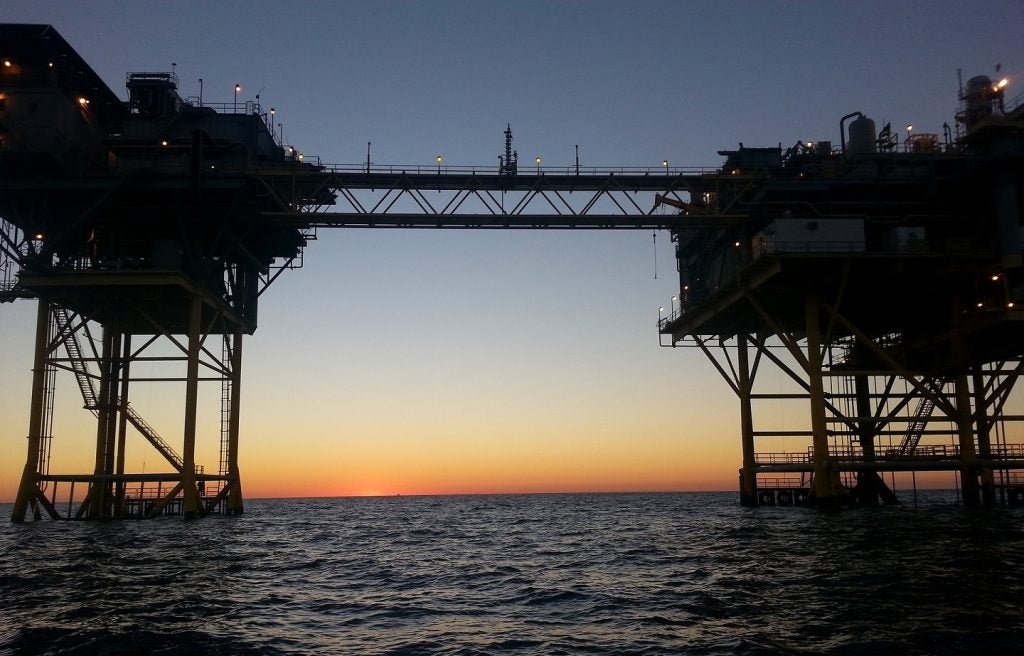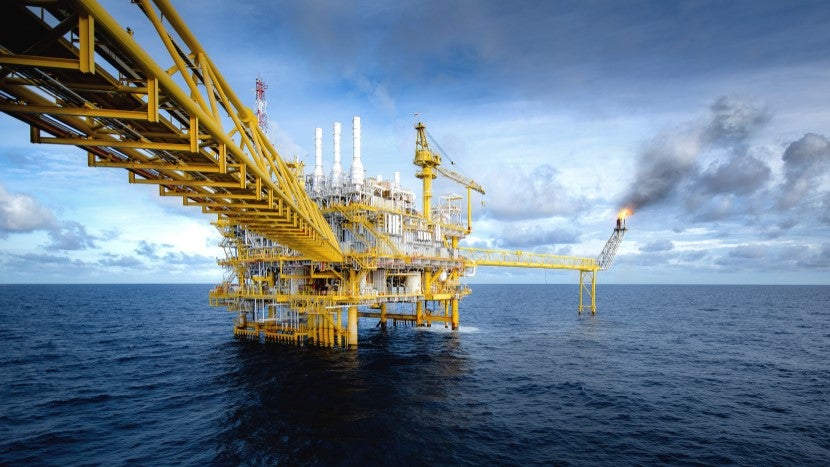The UK Department for Energy Security and Net Zero (DESNZ) has set out a plan for a new UK carbon capture, usage and storage (CCUS) market by 2035.
The plan, known as CCUS Vision, aims to encourage competition and drive down costs in the industry, adding the potential to store the carbon equivalent of taking six million cars off the road. A competitive allocation process for projects is set to begin in 2027.
Carbon capture works by capturing carbon dioxide (CO₂) from the point of source such as a power station or industrial facilities before it reaches the atmosphere, and storing it safely underground in the spaces left by oil and gas extraction. According to the DESNZ, the UK owns enough space under the North Sea for up to 78 billion tonnes of CO₂.
Energy Security Secretary Claire Coutinho said: “Thanks to the UK’s geology, skills and infrastructure, we are in a unique position to lead the way on carbon capture technologies. That is why we are making one of the biggest funding commitments in Europe on carbon capture that will cut emissions for our atmosphere while unlocking investment, creating tens of thousands of jobs and growing the UK economy.”
In July, the government announced funding for the Acorn CCUS project as part of the £20bn ($25.7bn) CCUS investment project declared in the Spring Budget in March. Positioning it within the net-zero plans, Prime Minister Rishi Sunak said the project will create more than 20,000 jobs.
Although CCUS will help with the energy transition, it is not the most advanced form of carbon removal technology. Direct air capture removes CO₂ directly from the atmosphere rather than from the point of source, and the captured carbon can be reused in industry.














